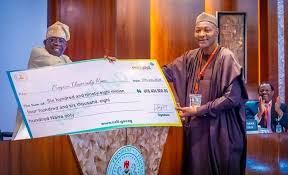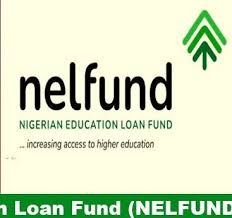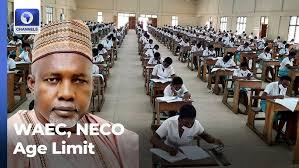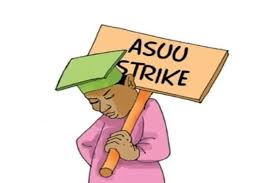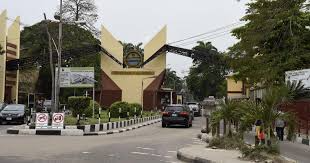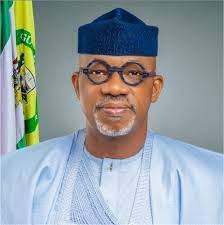The Eko Electricity Distribution Company (EKEDC) has disconnected the University of Lagos (UNILAG) from the power grid due to unpaid electricity bills amounting to over ₦1 billion, according to a statement released by the university on Thursday.
The power cut occurred on August 27, following what the university claims was a payment of ₦180 million to EKEDC earlier in the month.
UNILAG management expressed surprise at the disconnection, stating that it was done without prior notice despite ongoing negotiations with EKEDC.
The statement highlighted that the university had been moved from tariff Band B to Band A by the Nigerian Electricity Regulatory Commission (NERC), resulting in a steep increase in its monthly electricity bill from an average of ₦150-₦180 million to nearly ₦300 million as of June 2024.
The university’s administration disclosed that it had communicated its inability to pay the higher Band A rates to EKEDC, insisting on remaining in Band B due to budgetary constraints.
Despite these discussions, the university received a bill of ₦472 million for July, exacerbating its financial burden.
“Despite paying ₦180 million on August 20, the university’s electricity was disconnected just a week later,” the statement read. “We assure our community that we are working diligently to resolve this issue with EKEDC and are taking measures to ration power supply across the campus until further notice.”
In response, Babatunde Lakasi, EKEDC’s General Manager of Corporate Communications and Strategy, issued a statement explaining that the disconnection was a result of recurring unpaid bills, which have now exceeded ₦1 billion. He noted that the ₦180 million recently paid by UNILAG only covered a small portion of the outstanding debt.
“To set the record straight, UNILAG’s migration from Band B to Band A tariff followed due process, with adequate engagements and communication regarding the implications. The tariff increase reflects the institution’s average 23 hours of supply availability, aligning with Band A criteria,” Lakasi said.
Lakasi added that EKEDC had issued multiple disconnection notices to UNILAG before taking action, and that the company had engaged with key university officials, including Vice-Chancellor Prof. Folasade Ogunsola and other senior members of the administration, in efforts to resolve the debt issue.
While acknowledging the inconvenience caused by the disconnection, Lakasi emphasized that EKEDC is committed to delivering reliable electricity services, which are contingent upon timely bill payments and adherence to agreed terms. He reiterated the company’s dedication to resolving the matter amicably and mentioned that further discussions are ongoing to explore feasible solutions, including a phased repayment plan that would align with UNILAG’s financial capabilities.
